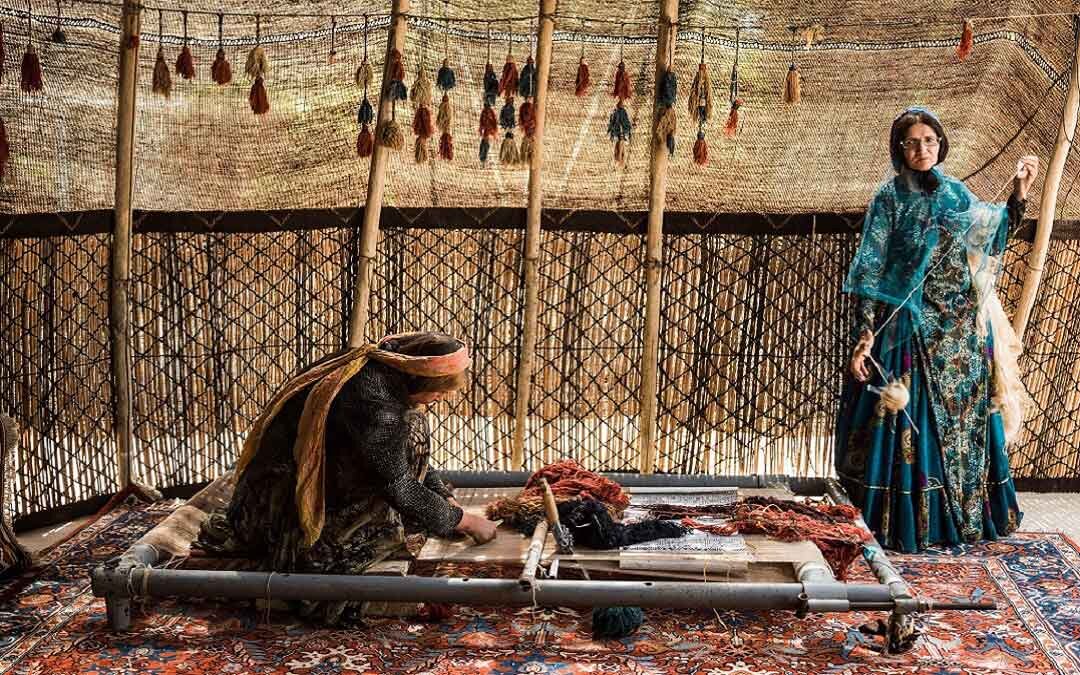Initiative seeks tribal tourism flourish in Tehran province

TEHRAN – Farshid Zabihi, who presides over the office for tribal affairs in Tehran province, has proposed establishing “tourist camps” in a bid to bolster the income of Tehran's nomadic communities.
Focusing on enhancing tourism capacity within nomadic regions, he emphasized the implementation of tourist camps in these areas as a means to elevate the revenue levels of the capital's nomads.
In an interview with IRNA on Sunday, Zabihi highlighted the need to expand tourism capacity in nomadic regions. He stated that with the support of the provincial government and other relevant authorities, the establishment of several tourist camps would undoubtedly pave the way for increased tourism capacity, subsequently leading to improved income levels among the nomadic communities.
Underlining the importance of cohesive management for tourist influx into nomadic areas, he remarked on the nomads' consistent support for purposeful and regulated tourist visits.
He emphasized that the red line for nomads remains the unauthorized entry of tourists, which over recent years has incurred substantial costs for the nomadic communities and led to the degradation of natural resources.
According to IRNA, approximately 14,315 nomads reside in Tehran province, with the population remaining relatively steady over the past 40 years.
Nomadic communities in Tehran province are known for their significant contribution to the production of over 67,000 tons of various dairy and agricultural products in the past Iranian year (ended March 21, 2023).
Iranian nomads mainly live in the provinces of Fars, Chaharmahal-Bakhtiari, Khuzestan, Isfahan, and some other provinces. They usually change between their winter quarters in steppes (Qishlaq or warmer areas) and summer quarters in green mountainous regions (Yeylaq or cooler countryside).
Sightseers may visit nomads at different times of the year. However, the best seasons are spring and summer. There are several nomadic tribes you can meet or stay with, each of them having its own unique lifestyle, culture, customs, foods, and musical performances.
AFM
